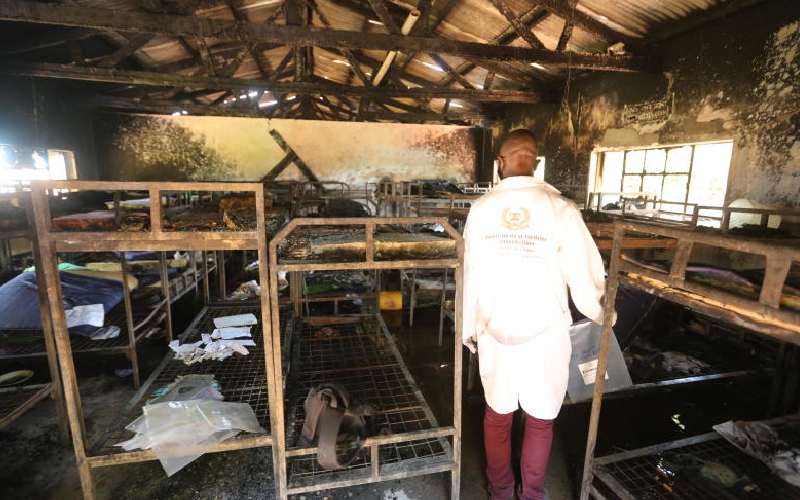×
The Standard e-Paper
Smart Minds Choose Us

In the 1992 movie, Sarafina!, shot in South Africa, a group of fired-up students, considered radicalised by the colonial regime, set a classroom ablaze.
The students are convinced that this form of protestation, seen as ignoble by the administration and its sympathisers but sagacious by the learners, will earn them and their country freedom.







